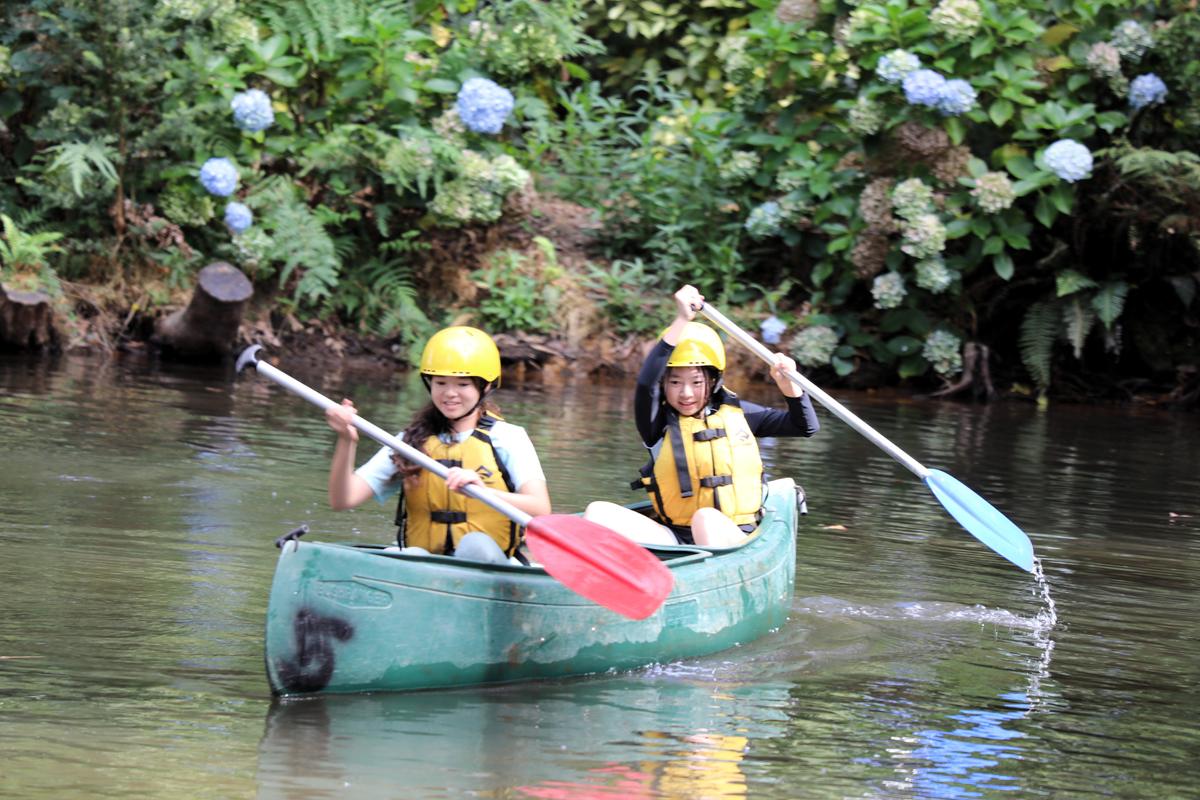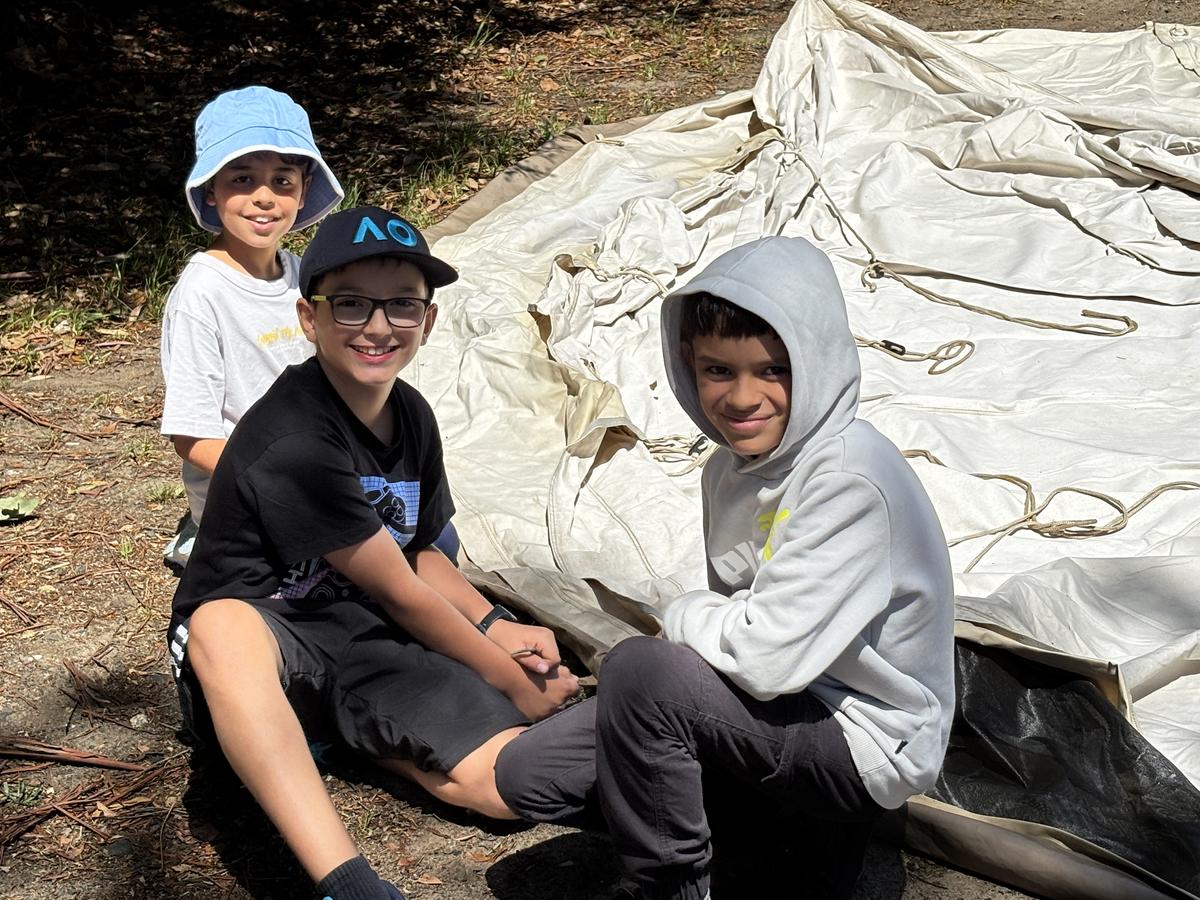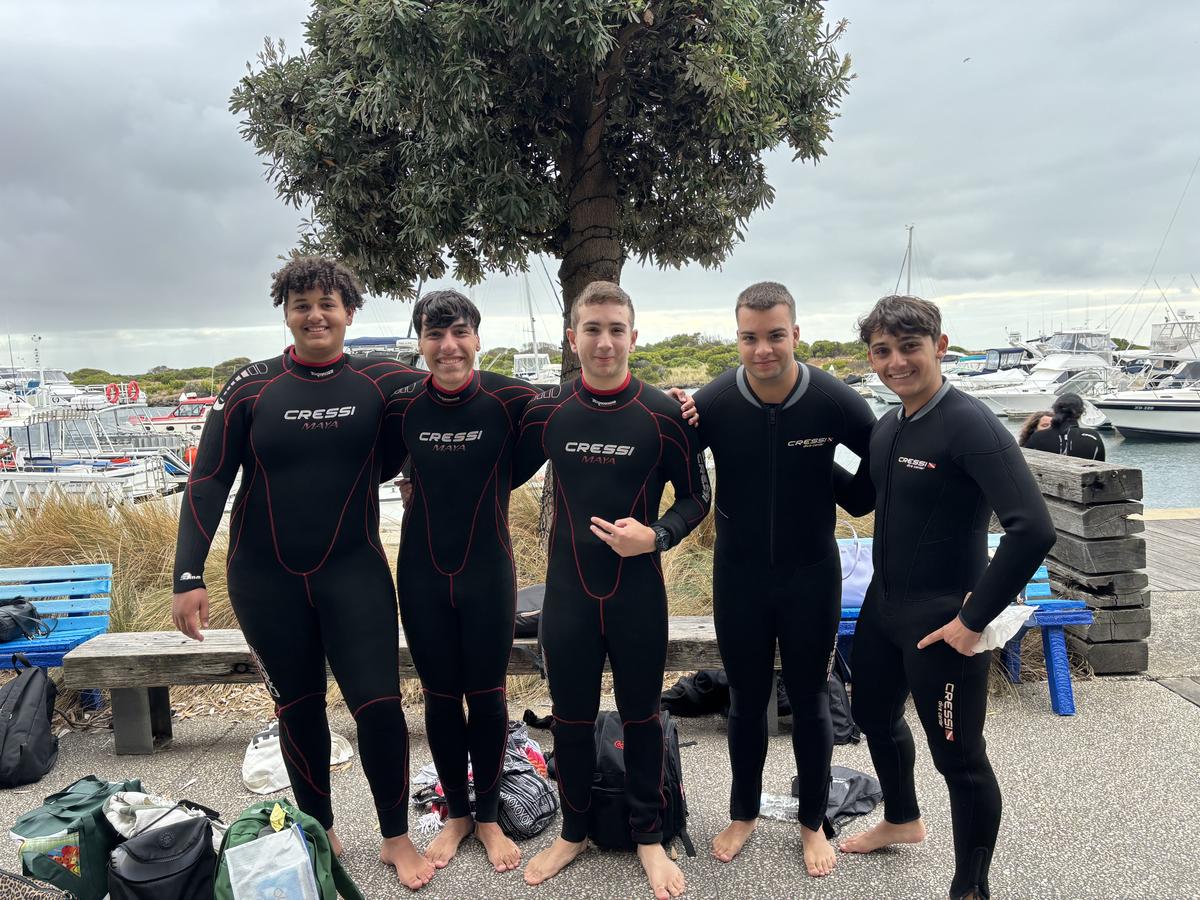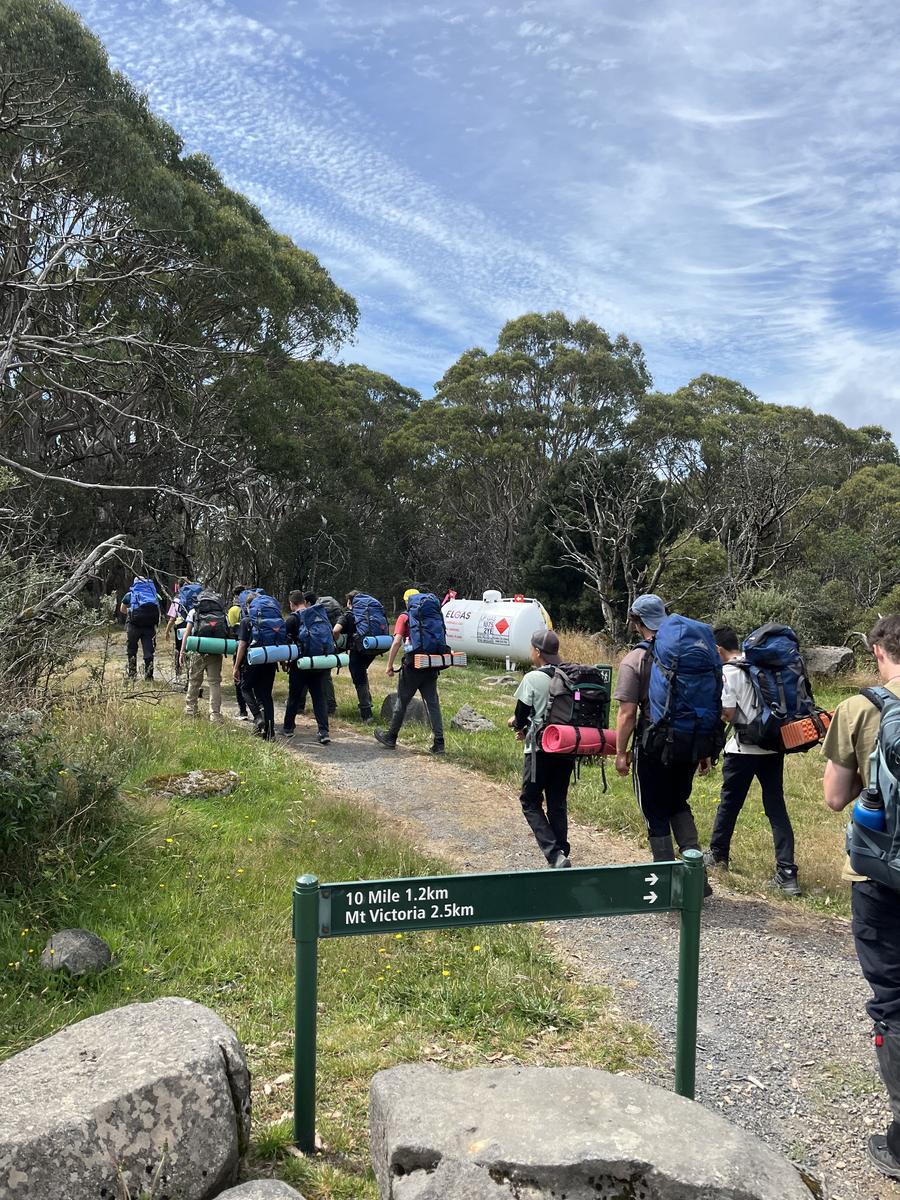Deputy Principal

Camps and Outdoor Education
Whilst the nature and content of camps may change as students grow, at Oakleigh Grammar we believe that school camps are an integral part of any student’s learning experience. All students from Years 3 to 12 have the opportunity to attend camp at various locations around Victoria and are exposed to different physical environments, including coastal, mountain, forest, farm and river settings beyond the classroom.
Over this term, Years 12, 11 and 10 students have been on beachside camps at Queenscliff, Torquay and Anglesea. Year 5 had a wonderful time away at Phillip Island camping in large teepees. Year 6 made the most of the sunny weather in a forest setting outside of Toolangi, and our Year 9 students took on the challenges presented to them on their adventurous journey in the Yarra Valley.
I would argue there has never been a more important time to get our children away from their screens and into nature. Some of the benefits of school camps and outdoor education include:
Peer relationships – Camps provide many opportunities to experience positive interactions with each other outside the classroom, helping to develop new relationships and deepen existing bonds of friendships. There is a lot to be said too of sitting down in a communal dining room and sharing a meal together with friends, especially if you have also had a hand in preparing that meal for others. Sharing accommodation together also teaches children the value of working together and treating others with respect.
Encouraging independence - For some children, a school camp may be the first-time away from home giving them an opportunity to begin to take care of themselves, creating responsibilities and managing decisions in a safe and nurturing environment that will see them grow and develop their identity and sense of self.
Screen-free time – “Look up and look around” - School camps generally allow for compulsory breaks from access to screens, bringing students back down to earth and connecting them with their surroundings to appreciate the people and things around them.
Being physically active - The healthy benefits of exercise among children is well researched. At camp, planned activities may include hiking, canoeing, bike riding or initiative games, but even just being in an outdoor environment will often inspire children to become more physically active in their day-to-day.
New experiences - School camps offer a variety of independent and team-based experiences that the students may not otherwise get to enjoy – abseiling, swimming with dolphins, ziplining, camping in tents etc. The same applies to stepping out of their comfort zones when they challenge themselves to take a risk in a different but safe environment. This can also help students build self-confidence.
- Spending time in nature – There are many benefits from being exposed to nature for our own mental health, as well as hopefully stimulating a greater sense of responsibility for the environment and all living things.
One of the most distinctive memories of school life for any recently graduated student is that of a story from a school camp or tour away from home. I hope that through our outdoor education program we are providing many positive experiences and opportunities to grow as well as creating fond memories for our students.
On a personal level, I greatly appreciate the opportunity to engage with our students on camp as you can learn so much more about them, as well as from them.
Peter Dickinson
Deputy Principal





